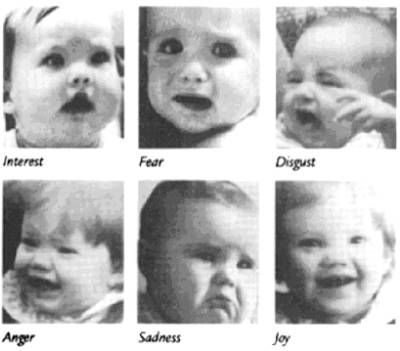The Green Mile: what John Coffey knew about empathy
 Monday, October 30, 2017 at 4:04PM
Monday, October 30, 2017 at 4:04PM Being in the same room is not the same thing as connecting. Remember that holiday office party where everyone chatted non-stop but you left feeling more alone? Or the well-meaning friend who freely quotes Scriptural promises with the non-committal detachment of a fortune cookie, but doesn't really get what you're going through? Speaking is not the same thing as connecting. Even listening isn't the same.
We need others who are emotionally in-sync with us. Jesus surprises us here:
...he was deeply moved in spirit and troubled." - John 11: 33, 38 [Lazarus story]
Would you be emotionally gutted if you knew you'd get back what you lost; that day? In the Lazarus story, Jesus' emotional response doesn't really fit what he secretly knows. He has inside information that Lazarus is really just "sleeping" but he's not acting like the superhero. He's not grinning like a giddy parent who knows the new birthday bike is waiting in the garage. Why does God still cry when he knows everything works for good?
There are the typical interpretations explaining why Jesus was emotionally distraught, despite being the bearer of good news: Jesus was indignant at his friends' unbelief; or he was overcome with grief by the entrance of death and decay into his Father's world.
Yet, author Carol A. Brown, in her book, The Mystery of Spiritual Sensitivity, has another explanation: Jesus was deeply moved in spirit and was troubled because he was dialed into his friends' emotional reality; and despite knowing that all would be okay, was still able to feel what they felt. He remained emotionally in-sync with his friends.
He came alongside His friends and drew some of their burden into His spirit and soul, thus lightening their emotional load. He felt what the sisters and friends were feeling - He was fully in sync with them."1
Note: Jesus does not frantically rush to move people from difficult emotions to positive ones. To do so would dishonor them. He's okay staying in-sync with painful emotions like grief, terror, and anger; he won't rush to extinguish the pain without first feeling the pain himself. Why? Because Jesus knows that people won't walk with you into the light until you've stayed with them in the dark.
The Green Mile: what John Coffey knew about empathy
 Image: courtesy, IMDB
Image: courtesy, IMDB
If you've ever seen the movie The Green Mile, you know that a falsely accused empath named, "John Coffey," literally inhales the pain of those who are suffering around him. As he breaths in their affliction, the lights in his prison cell surge brightly with supernatural electricity as John Coffey swallows the misery of suffering souls. He carries what they can't. And it costs him, as it does all those who have extraordinary empathy.
Psychologists call this kind of emotional engagement, "attunement." It's the ability to dial-in to another's emotional states, to quite literally feel what they feel, to get in-sync with them. It's how we, "Bear one another's burdens." (Galations 6:2)
Ways to get in-sync with those you love
It starts simply by asking ourselves, "What must this person be feeling? What is their body posture telling me: Are they slumped over? Tense and rigid? What emotions are showing up on their face and in their tone of voice? Wide-eyed with fright? Do they have that far-away stare that says, "The feelings are so overwhelming that I can't feel them myself"?
Finally: If you haven't had a chance to watch The Green Mile, it's one of the best portrayals of the Gospel in film.
..........................................
Source:
1. The Mystery of Spiritual Sensitivity, by Carol A. Brown; p. 23

















